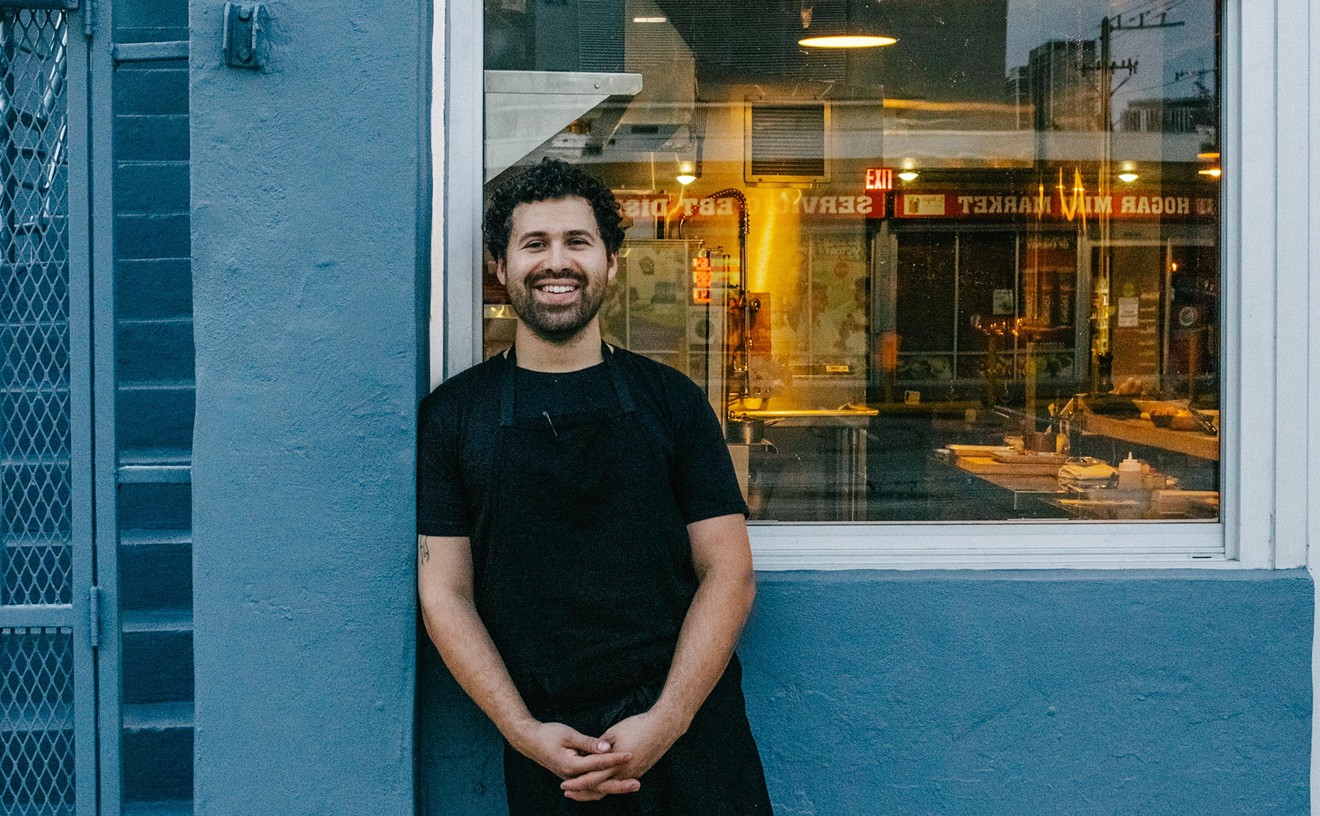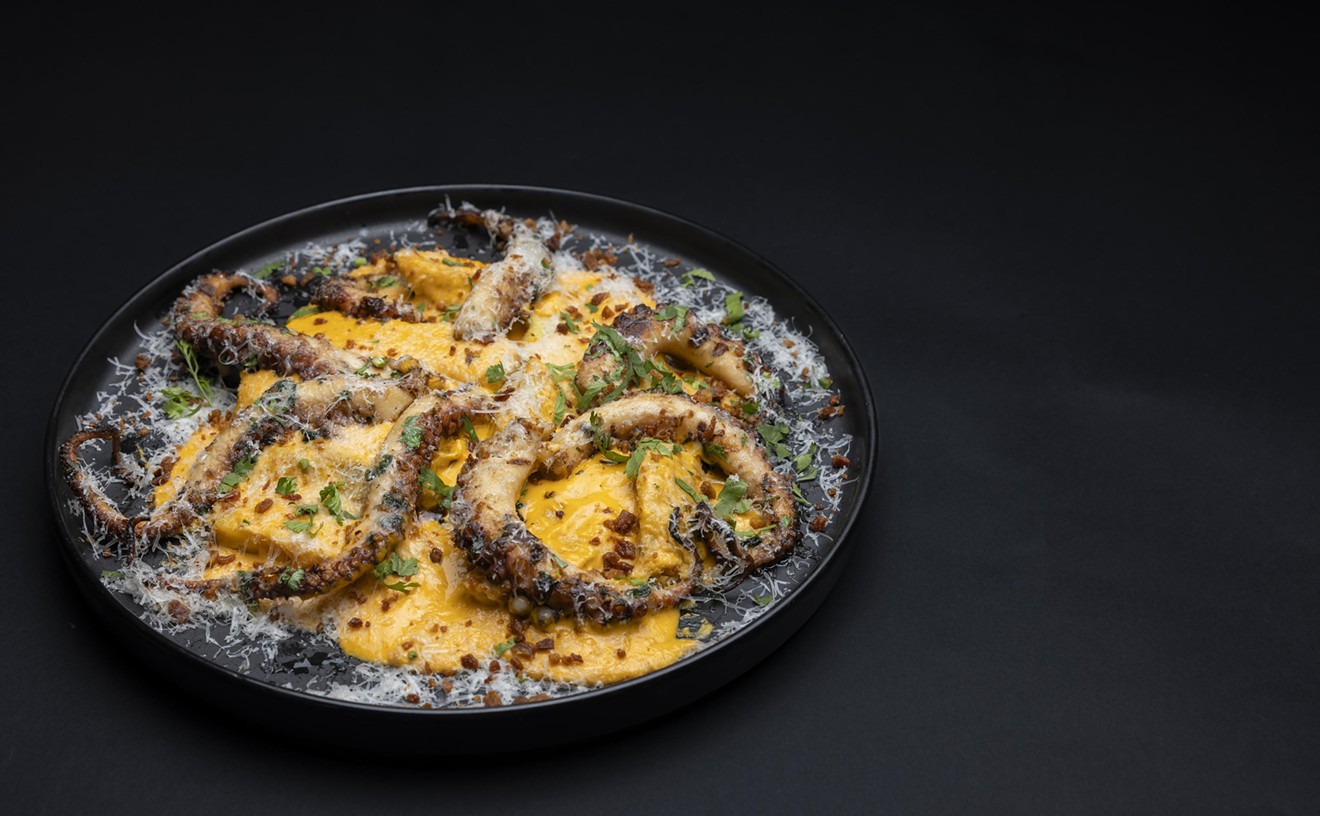Scientists may have discovered a link between ice cream and drugs.
The issue of whether or not food can be addictive has been largely debated. Now however, researchers Kyle S. Burger and Eric Stice of the Oregon Research Institute, have found that there is in fact a link.
MSNBC reports that Burger and Stice (great name for a German pub, no?) fed kids real chocolate milkshakes (made with Häagen Dazs ice cream) while scanning the kids' brains -- finding similarities in the brain's responses.
The researchers assembled 151 adolescents -- all normal weight -- and fed them chocolate milkshakes made with Häagen Dazs ice cream. Burger and Stice then conducted brain scans to assess its reaction to such "pleasure."
The brain reacted the same way it does when drugs are ingested. The fact is that pleasure is pleasure. What's really scary is that they also discovered that we build up a tolerance to food pleasure the same way that we build up a tolerance to drugs.
With repeated drug use, drug addicts experience less and less of a "high" -- needing more and more of the drug to achieve their desired state of "happiness." The study, published in the American Journal of Clinical Nutrition, reveals that the teens who consumed the most ice cream shakes, enjoyed it less as the study went on. Their brains reacted similar to those of drug addicts in regards to lowered brain activity in the reward centers.
Burger and Stice have concluded that because extended exposure to highly pleasurable foods such as ice cream tends to lower the brain's production of pleasure signals over time, this may cause people to eat more to regain the original sensation.
"You could be continually tying to match the earlier experience," Burger said.
What's next? Chasing the donut?
Follow Short Order on Facebook and Twitter @Short_Order.









